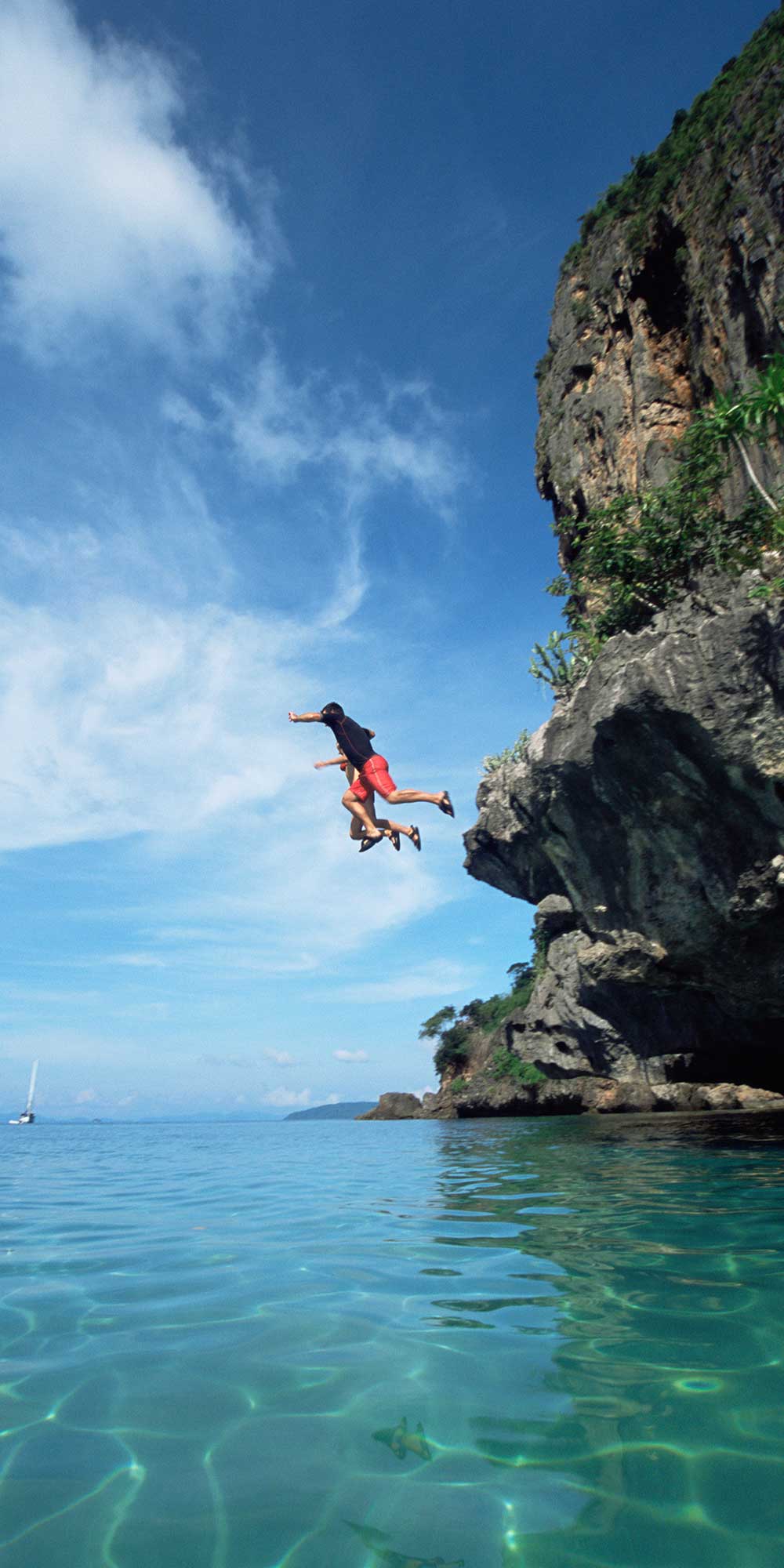Wanderlust may reflect an intense urge for development by experiencing the unknown, confronting unforeseen challenges, getting to know unfamiliar cultures, ways of life and behaviours or may be driven by the desire to escape and leave behind depressive feelings of guilt, and has been linked to bipolar disorder in the periodicity of the attacks.
The English loanword “wanderlust” was already extant in the German language dating as far back as Middle High German. The first documented use of the term in English occurred in 1902[2] as a reflection of what was then seen as a characteristically German predilection for wandering that may be traced back to German Romanticism and the German system of apprenticeship (the journeyman), as well as the adolescent custom of the ‘Wanderbird’ seeking unity with Nature.

The English loanword “wanderlust” was already extant in the German language dating as far back as Middle High German. The first documented use of the term in English occurred in 1902[2] as a reflection of what was then seen as a characteristically German predilection for wandering that may be traced back to German Romanticism and the German system of apprenticeship (the journeyman), as well as the adolescent custom of the ‘Wanderbird’ seeking unity with Nature.
The English loanword “wanderlust” was already extant in the German language dating as far back as Middle High German. The first documented use of the term in English occurred in 1902[2] as a reflection of what was then seen as a characteristically German predilection for wandering that may be traced back to German Romanticism and the German system of apprenticeship (the journeyman), as well as the adolescent custom of the ‘Wanderbird’ seeking unity with Nature.
Wanderlust is a strong desire for or impulse to wander or travel and explore the world.
The English loanword “wanderlust” was already extant in the German language dating as far back as Middle High German. The first documented use of the term in English occurred in 1902[2] as a reflection of what was then seen as a characteristically German predilection for wandering that may be traced back to German Romanticism and the German system of apprenticeship (the journeyman), as well as the adolescent custom of the ‘Wanderbird’ seeking unity with Nature.
The English loanword “wanderlust” was already extant in the German language dating as far back as Middle High German. The first documented use of the term in English occurred in 1902[2] as a reflection of what was then seen as a characteristically German predilection for wandering that may be traced back to German Romanticism and the German system of apprenticeship (the journeyman), as well as the adolescent custom of the ‘Wanderbird’ seeking unity with Nature.
Wanderlust is a strong desire for or impulse to wander or travel and explore the world.
The English loanword “wanderlust” was already extant in the German language dating as far back as Middle High German. The first documented use of the term in English occurred in 1902[2] as a reflection of what was then seen as a characteristically German predilection for wandering that may be traced back to German Romanticism and the German system of apprenticeship (the journeyman), as well as the adolescent custom of the ‘Wanderbird’ seeking unity with Nature.